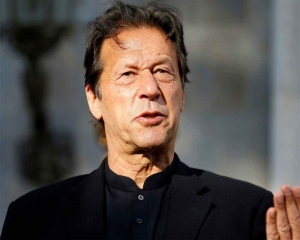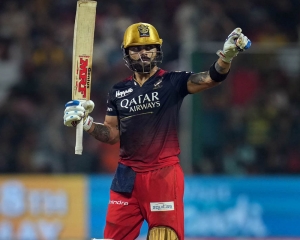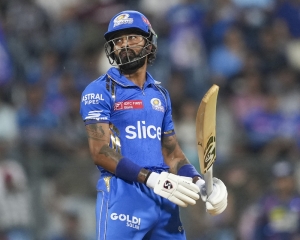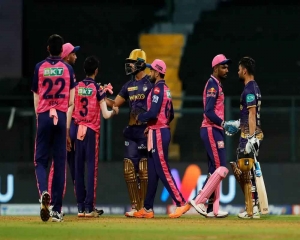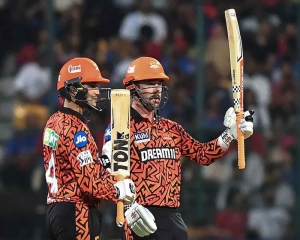Unnecessary fatalities arising out of unintended pregnancies and unsafe abortions can be reduced if service providers facilitate informed consent
When 19-year-old Sonia visited the doctor at a Government facility for a pregnancy test, one of the first questions she was asked was whether she was sexually active. Although she was taken aback by this question, Sonia admitted to being so. Immediately, the doctor asked her to strip for a pelvic examination. Then without any warming, she inserted her finger in her vagina to check if Sonia was pregnant. Although she felt violated, Sonia could do nothing. She wasn't aware that she had the right to an informed consent to this procedure.
lack of awareness among adolescents makes it easier for doctors to bypass the mandatory need to seek informed consent to the invasive finger test to confirm pregnancy. A recent youth led audit of sexual and reproductive health services provided in 48 Government and non-Government facilities in Delhi and Uttar Pradesh found that medical practitioners override the mandate to informed consent and their lack of sensitivity on issues of sexual and reproductive health exacerbates stigma and risk taking behaviour.
Even providers at facilities, meant to be adolescent-friendly, do not think confidentiality is important and belie their objective by passing moral judgements, making it hard for young people, especially girls, to access services. Conducted by the YP Foundation, a Delhi-based youth-run organisation, the audit of 48 health faculties (29 in lucknow, Uttar Pradesh and 19 in Delhi) found that disrespectful and biased attitudes of medical practitioners prevented young people from accessing information and services on abortion, pregnancy testing, HIV counseling and testing, contraception and sexually transmitted infections.
In lucknow, where the audit was done in collaboration with Yeh Ek Soch Foundation, a local youth-led organisation, it found that stigma on issues of sexual and reproductive health issues remained entrenched despite high literacy rate (84.72 per cent). This could be because Uttar Pradesh is one of the States where the adult education programme, encompassing comprehensive sexuality education, continues to be banned, supposedly to preserve ‘Indian culture'. This has made it difficult for adolescent girls and young women who seek sexual and reproductive health (SRH) services, especially contraception, particularly if they were unmarried.
“A researcher participating in this study asked whether she could get emergency contraception at one of the health facility being audited. Instead of providing it, the service provider wanted to know why she wanted it since she was unmarried and whether she wanted it for herself. This accusatory tone led our researcher to instinctively claim that the contraceptive was for her sister-in-law. When health providers are so biased and judgmental, how can young people access SRH servicesIJ” said Mayank Matiyani, YP Foundation.
Not surprisingly, when the same researcher went to another facility to get Mala D (birth control pills), after applying sindoor, indicating her marital status, she faced no problems. Not only did she receive the pills, but all her queries were adequately addressed, underscoring the importance marital status for accessing SRH services. The study, which was shared at the recently concluded Asia Pacific Conference on Reproductive and Sexual Health and Rights in Vuetnam, points out that despite the fact that about 10 per cent of abortion seekers in India are adolescents, stigma and discrimination continue to be key barriers to accessing safe services.
Although the Rashtriya Kishor Swasthya Karyakram, the Government's national adolescent programme, guarantees abortion counselling as an essential clinical service to all adolescents and young people, it remains a taboo subject. This is perhaps why abortion counselling was available in only one out of the five health centres audited for abortion services in lucknow. Further, all five centres denied the availability of medical abortion or Medical Methods of Abortion drugs.
The situation was no different in Delhi. Here, the foundation found that providers created a ‘circle of shame' for demanding SRH services like pregnancy testing, abortion services and contraception. They shamed young people for requesting access to ‘improper' things and bringing shame upon their family and themselves by doing so. Sharam nahi aatiIJ Parents ki izzat mitti me mila di (Aren't you ashamed of yourselfIJ You are ruining your family's name), was the reaction of the female medical assistant when she was asked about buying a pregnancy kit.
This humiliating experience is greater in cases where SRH services are sought by young people with disabilities. Just how misconceptions and stigma around sexual rights of persons with disabilities can cause mental anguish was seen at one of the audited health facility. When Ravish informed the reception that he wanted to meet a doctor to check if he was suffering from a sexually transmitted infection since he was in a sexual relationship, the receptionist looked shocked. He asked Ravish to show a photograph of his girlfriend. A confused Ravish told him that he did not have a photo. On asking what purpose the photo would serve, Ravish was given no answer.
India has the world's largest youth population with 356 million people in the 10-24 year age group. Evidence has shown that adolescents between 15 to 19 years are twice as likely to die during pregnancy or child birth as those above 20 years. In 2015, of the 15.6 million abortions carried out in India, 11.5 million were done outside of health facilities. Unnecessary fatalities arising from unintended pregnancies and unsafe abortions can be reduced if service providers overcome preconceived notions about sexually active young people seeking SRH information and services and facilitate informed choice.
(The writer is a senior journalist)













